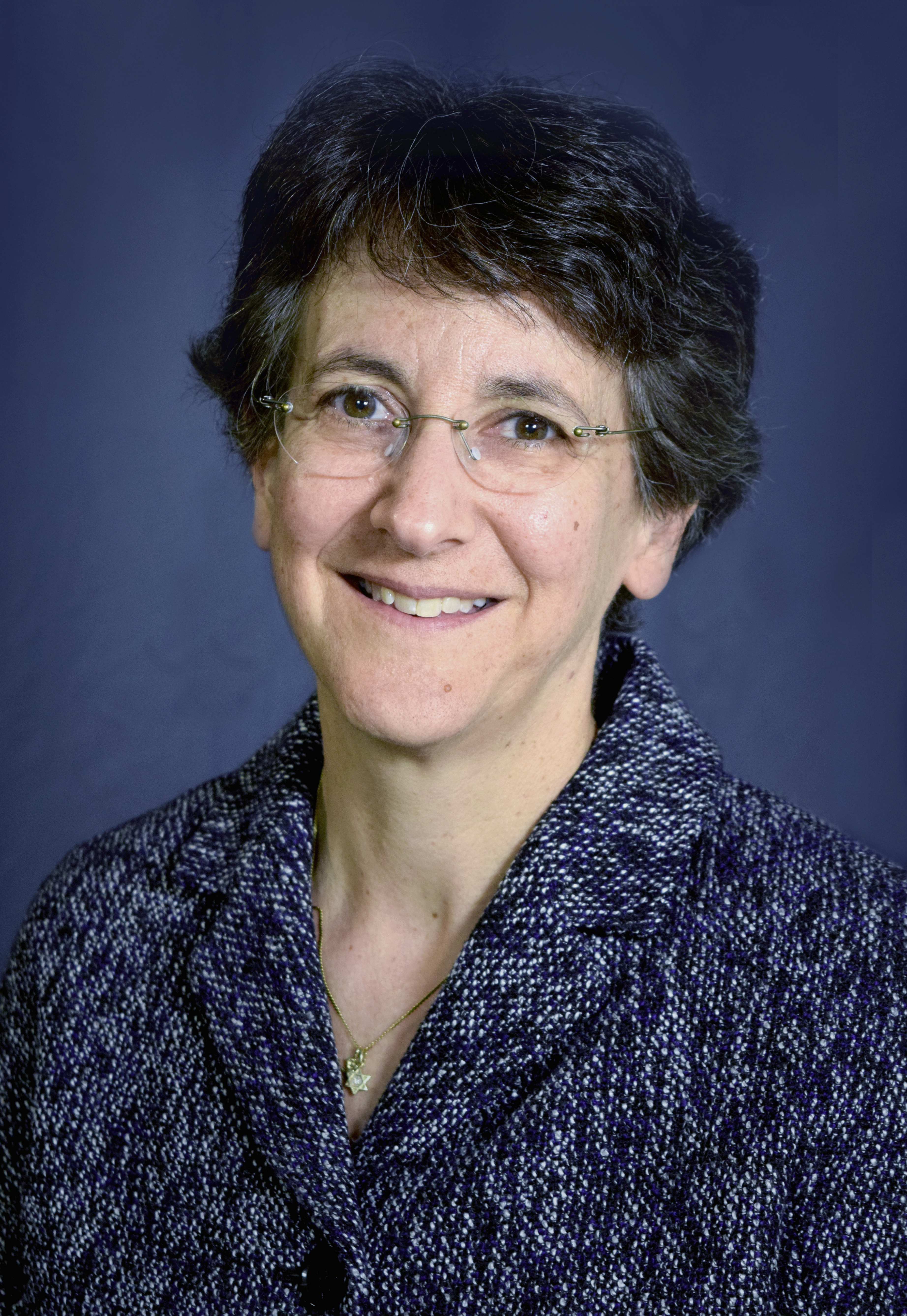
Being a congregational leader lay, professional, or clergy -- has always presented a special kind of challenge. We manage non-profit sacred institutions without a bottom-line measure of success. Our donors and funders are integrated among our participants so that their own needs are mingled with the overall needs of the community. The rabbi and president who sit down to negotiate a contract also sit together on the bimah or at a Shabbat dinner table. The two board members who fervently disagree on certain issues are present at each other’s baby naming ceremonies. The educator who is working with lay leaders on program budgets also provides pastoral support to parents who have lost jobs or need special medical care for their children. It is messy, and that sometimes gets in the way of our knowing the right thing to do. And when one of the parties in these partnerships misbehaves, the challenge becomes even harder.
The URJ offers resources that address the challenges of building sacred partnerships and leading our institutions at this moment in time. We strongly suggest that you take a look at them and begin to apply what makes sense to ensure that you put as much care into how healthy your organization is emotionally as it is physically. Many of these are offered in partnership with movement partners.
Sacred Partnership Resource
This resource, which describes what sacred partnership is and offers activities for improving it, is offered every year to participants in our Scheidt Seminar for Congregational Presidents. Read our post about Congregational Leadership and Sacred Partnerships and get the resources.
URJ Ethics Code Guidance
URJ staff and volunteers sign an ethics code. CCAR rabbis, ACC cantors, NATA executive directors, and ARJE educators all adhere to their own professional ethics codes as a requirement for membership. It is advisable that our congregants and congregational leaders similarly adhere to a code of ethics. This is especially important now, considering the experience of women in our congregations, particularly clergy and staff. We call on all URJ congregations to adopt an ethics code. This resource can be found here in the URJ Tent. Our resources on this topic will continue to grow, and we will be offering support to help you through the process.
CCAR and Women’s Rabbinic Network/Women of Reform Judaism resources on Gender Equity and the Experience of Women in the Rabbinate
Women clergy and synagogue professionals face ongoing challenges due to gender bias and harassment. The Reform Movement is committed to working with our congregations and organizations to challenge systemic pay inequity and to create an equitable and safe workplace for women. We strongly recommend these two sets of movement resources to every temple board: The WRN/WRJ Reform Pay Equity initiative shares steps that you can take to make sure that total compensation for men and women is equitable. The CCAR Task Force on the Experience of Women in the Rabbinate website contains tools and research addressing gender bias in the work environment.
Mutual Review and Values Based Review for Clergy and Professionals
All clergy and professionals deserve feedback on their performance, but making this happen is a challenging task. Standards are not uniform, and relationships can get in the way. The URJ collaborated with our Movement partners and affiliates to produce these resources:
See Mutual Review resource - for reviews with rabbis, developed in partnership with the CCAR.
Guide to Values-Based Review (for reviews with cantors and professional staff, developed in partnership with the American Conference of Cantors, National Association for Temple Administration, Association of Reform Jewish Educators, Early Childhood Educators of Reform Judaism, and Program and Engagement Professionals of Reform Judaism), can be found here.
Racial Equity, Diversity, and Inclusion (REDI) Training
Visit the Audacious Hospitality page, where you will find resources to begin or further your REDI work personally and within the communities you lead. Consider putting together a REDI working group in your community that will utilize the Audacious Hospitality Community Assessment to evaluate your current REDI efforts and begin setting goals towards creating a more equitable and inclusive future. In addition, join the Tent group for more up-to-date information about future REDI trainings.
Board Self-Assessment
Board culture and process affect both the behavior of individual board members and the success of your leadership. As standards for effective board leadership have shifted over time, engaging your board, clergy, and professional partners in a discussion of the way you do your work can be enlightening. Many congregational leaders are surprised to learn that there are other ways to do things.
Movement Professional Organizations
All congregational clergy and professionals should belong to their respective professional organization, so that they can be both subject to and protected by a code of ethics. Congregations should strive to fund membership for clergy and professionals to be part of these organizations, which include:
- American Conference of Cantors
- Association of Reform Jewish Educators
- Central Conference of American Rabbis
- National Association for Temple Administration
North American Commission on Rabbinic-Congregational Relationships (NCRCR)
The NCRCR, a partnership between the URJ and the Central Conference of American Rabbis (CCAR), is an invaluable resource when communication between lay leadership and a rabbi have become difficult and an intermediary can help to reset the discussion. Historically, NCRCR was a “last resort” resource, used only after the two parties decided that separation was the best path forward. Now, NCRCR is brought into situations well before the point of no return, facilitating reconciliation and healing so that the rabbi can continue to serve the congregation successfully. For more information about NCRCR, contact the URJ’s chair to the NCRCR, Robin Kosberg.
In a pandemic, when big strategic decisions loom, when urgent questions about re-opening are in front of us, it is easy to set aside the long-term well-being of our community. In fact, now is the time to reinforce the principles and practices presented here so that our communities can better do the holy work of healing ourselves and the world.
